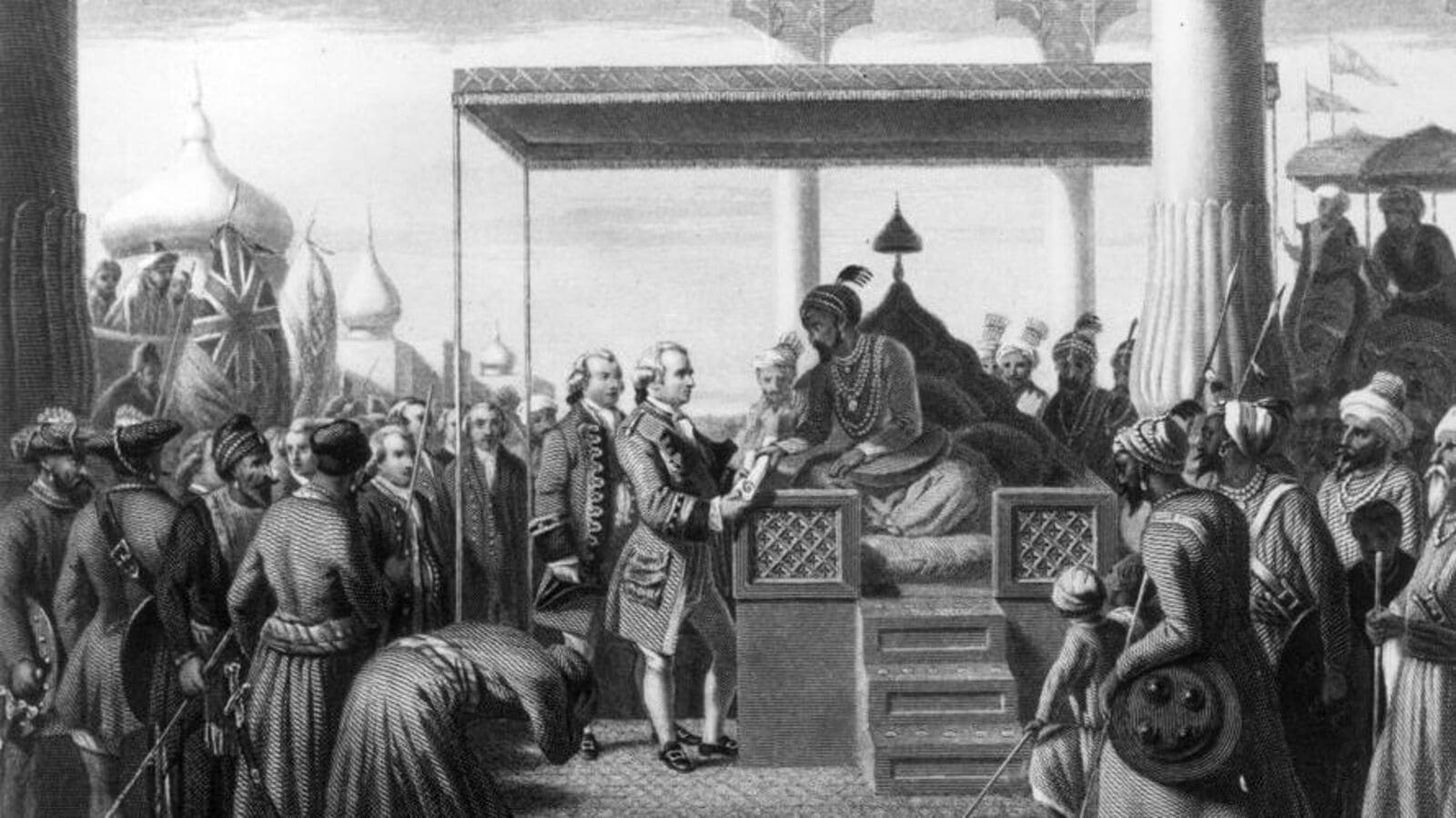Unmasking India's Forgotten Business Elite: New Book Challenges Conventional Notions

A groundbreaking new book by Lakshmi Subramanian, "India Before The Ambanis: A History of Indian Business, Money and Economy", is set to change the way we think about the origins of big business in India. Contrasting with popular lore, which often credits Dhirubhai Ambani as a pioneer of modern Indian entrepreneurship, Subramanian's book offers a fresh perspective on the country's economic history, stretching back to the 16th century.
Drawing from a wide range of sources and stories of lesser-known entrepreneurs, including travel writers like John Fryer, who noted the entrepreneurial prowess of Muslim traders in the 17th century, Subramanian sheds light on the often-overlooked role of Indian merchants and traders before the rise of the Ambani dynasty.
The book chronicles the journeys of figures such as Mulla Abdul Gafoor, a wealthy spice merchant who built an empire in the 17th century and became highly influential at the Mughal court. It also delves into the lives of lesser-known business leaders like Tarwadi Arunji Nathji, one of the richest bankers in Gujarat during the late 18th century.
Subramanian argues that Indian businessmen made money not just by exploiting cheap machine-made goods but also by accumulating and redeploying wealth for social as well as commercial gain. The book reveals how these entrepreneurs courted political connections with great skill and forecast upheavals to maintain success, often by playing both sides of the emerging power dynamics.
The author's most significant find is a study on Muslim commercial enterprises in 17th-century India, which shows that they played a crucial role in shaping global trade flows. By linking this entrepreneurial trajectory with the Industrial Revolution and British colonial needs, Subramanian provides valuable insights into how India became drawn into international commerce.
Lakshmi Subramanian's "India Before The Ambanis" raises important questions about business history and prompts serious readers of Indian business to reconsider its foundational narratives. While not all answers lie within this one book, it lays down an agenda for future work, suggesting a promising starting point for those seeking in-depth knowledge.
Published by Penguin Random House India, the 320-page text carries a Rs 699 price tag, offering a substantial and scholarly contribution to understanding India's fascinating business history. Suitable as a deeper reading experience rather than just entertainment or hagiographic portrayals of business elite figures, this book offers an essential read for those seeking to uncover the complex evolution of Indian enterprise in depth.
